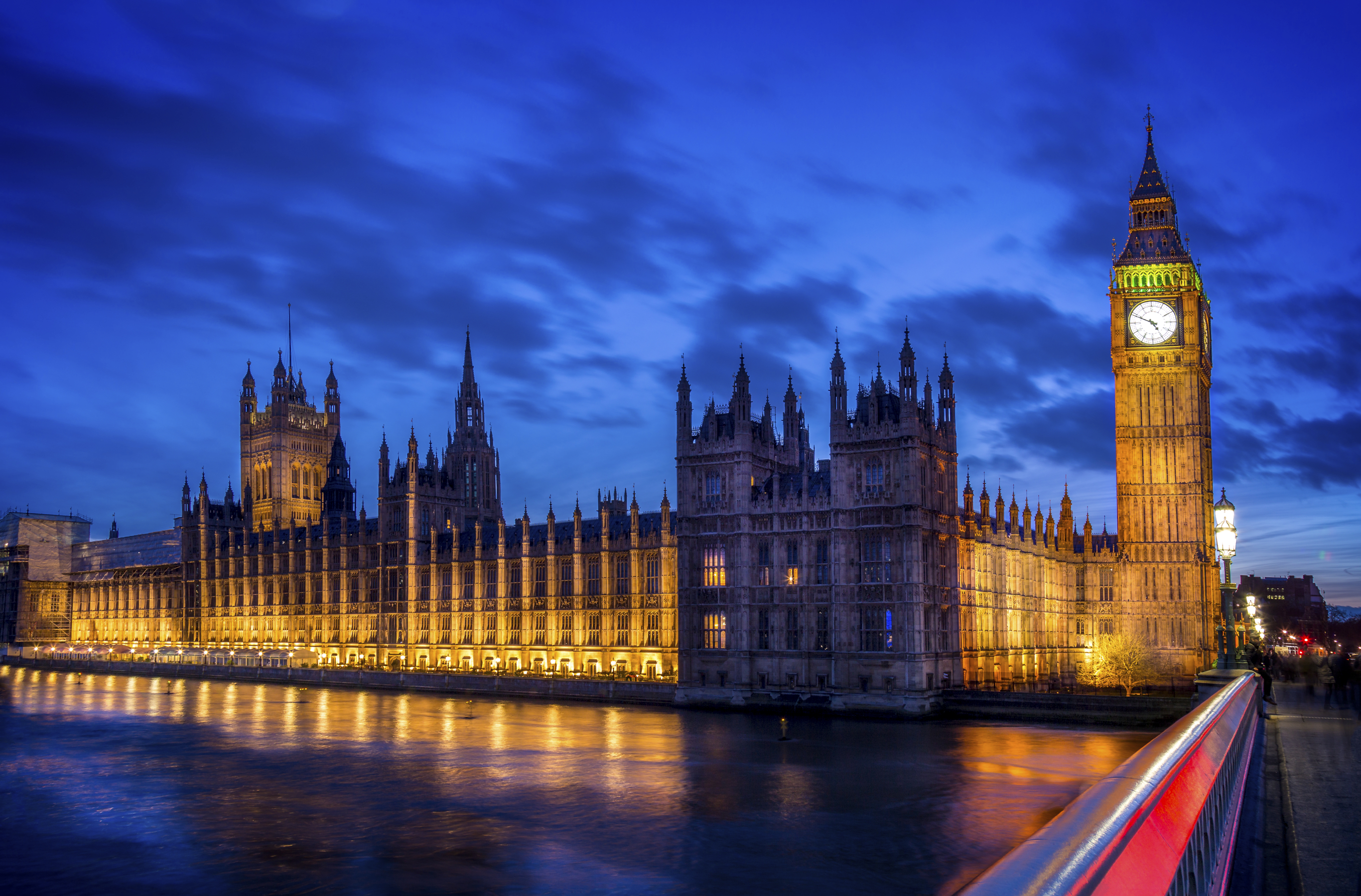
How The Spending Review Will Affect London
Chancellor George Osborne has just set out the government’s spending plans until 2020. You can read the full details on the Treasury website, but we’ve picked out the main impacts on London.
Housing
Plenty for you here if you want to, or have the means to, own a home in the future; sweet FA if you rent privately. Over the whole of England, 400,000 ‘affordable’ new homes to buy and rent will be built, with the emphasis on buy. 200,000 of these homes will be Starter Homes, which are sold at a 20% discount on market rates and capped at £450k in London; 135,000 will be Help To Buy: Shared Ownership, and 10,000 homes will allow tenants to save for a deposit while they rent. It’s unclear how many of these homes will end up here.
Much of this is still way out of reach for many Londoners so we’re getting a special deal, which Osborne credited to Zac Goldsmith: a capital-specific Help To Buy scheme, where buyers with a 5% deposit will be able to get a loan, interest free for five years, of up to 40% of the cost of a newly built home. It’s a step in the right direction, but doesn’t take on the problem of spiralling prices, which these schemes are thought to help prop up.
The problem of cash buyers snapping up homes to rent out, either by buy to let investors or people overseas, is handled by a new stamp duty rate of an additional 3% on buy to let and second homes. Some of the revenue raised will be directed back into London.
Housing benefit for people in social rented homes is being capped at the level of those in private rents, which will affect not just the people living in those homes but also the income available to councils and housing associations. This is on top of the loss of income from cutting social rents announced in the previous budget.
And Right To Buy is being extended to housing association tenants, with five pilots going live at midnight. This was a monumentally stupid policy when it was announced before the election, and that still holds. We don’t have space to go into it here — read our previous assessment.
Transport
London is getting an £11bn grant for new investment in our transport infrastructure but the money Transport for London (TfL) gets from government each year for operating costs will be phased out entirely by 2020. That’s £700m missing from the TfL budget by the end of this parliament; mind you, TfL used to get over £3bn a year from the government as recently as 2009 so it’s got used to dealing with cuts. The Treasury suggests TfL can make up the money through further efficiency savings or selling off land. Don’t expect fares to stop rising any time soon.
NHS
Again these figures are for all of England: the NHS has to find £22bn of savings by 2020, though an additional £10bn in the budget over this parliament will be ‘frontloaded’ — i.e., £6bn will go into the service this year rather than being evenly spread.
Councils are being given the ability to add 2% to council tax bills to create a ringfenced fund to pay for social care. The chancellor knew that increasing minimum wage costs were going to hit care costs hard (many employees are on minimum wage) and this is evidently how he’s decided to find the extra funding.
Councils
Local councils have been warning that they’ve gone as far as they can with efficiency savings over the last five years, and that additional cuts would hit front line services. Osborne is abolishing local government grants by 2020; in return, he’s allowing councils to keep all their business rates and let mayors raise business rates to fund specific projects. It’s a big devolution step and we’ll have more from London Councils later in the week, looking at how it’ll work in practice.
Policing
There were lots of fears that the chancellor would announce hefty cuts to the policing budget. In London, that would likely have hit neighbourhood policing hardest. However, Osborne has decided to protect policing — probably a wise decision in the wake of Paris — though it remains to be seen how the Metropolitan Police will fund a planned doubling of firearm police.
Holloway prison is also going to be closed. In future, women will serve their sentences in more modern surroundings, more conducive to rehabilitation.
Childcare
Childcare is a huge issue for parents in the capital because it’s so expensive, often outstripping wages. From September 2017, parents of three and four year olds will be able to get 30 hours of free childcare a week, up from 15, so long as they’re working at least 16 hours a week.
Tax credits
In what will doubtless be a relief to many low income Londoners, tax credits will no longer be cut.
Arts and culture
Museums and galleries will remain free to enter, and the government will give £150m so the British Museum, Science Museum and V&A can replace outdated storage facilities.
See details of our Guaranteed Rent Scheme here


If you have any comments, please email the author of this article and click on the link above